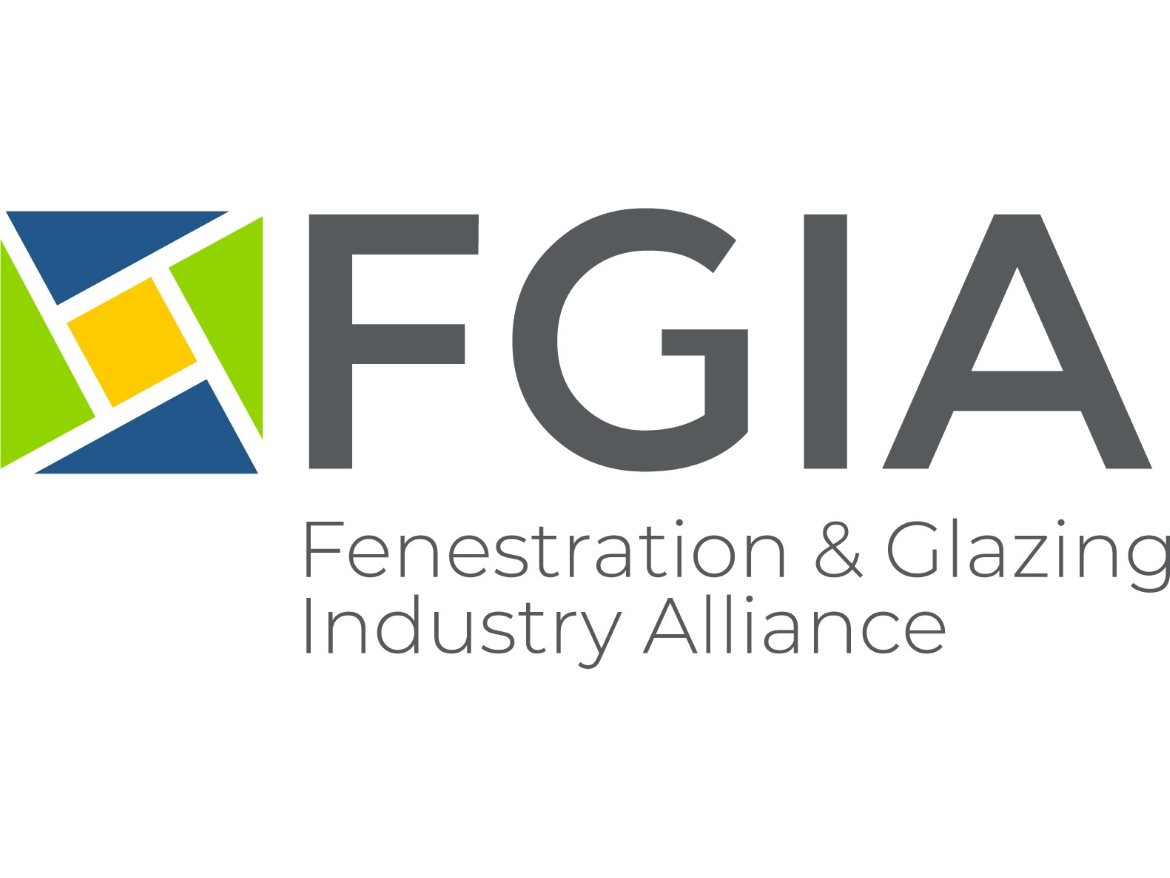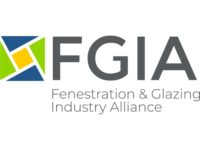Update on FGIA Certification Programs Given at 2023 Fall Conference

Two staff members from the Fenestration and Glazing Industry Alliance (FGIA) gave updates about both the insulating glass (IG) and fenestration certification programs offered by FGIA. Amy Becker, Glass Products Specialist, oversees the operation of the IGCC/IGMA and IGMAC IG certification programs and serves as the internal auditor for FGIA fenestration certification programs. Jason Seals, FGIA Certification Services Manager, Fenestration, oversees the AAMA product certification, component verification and laboratory accreditation programs used by FGIA members and licensees to bring quality fenestration products to market.
FGIA has three IG Certification Programs: ALI/AAMA Sealed IG Certification; IGMAC Certification; and IGCC/IGMA Certification.
“Our insulating glass certification programs are a critical factor in the long-term thermal performance of fenestration systems,” said Becker. “Certification demonstrates you have a commitment to your products and a commitment to your customers.”
Becker also shared that FGIA has updated several IG Certification resources. “For example, follow [IGMA] TM-4000, and you're likely to have a pretty successful audit,” she said, adding that licensees should take advantage of available glass standards.
“I come from an ISO 17205 background,” said Becker. “Compliance is difficult. These glass standards are fantastic for your technicians, who are running your glass testing. You can support the certification process inside your lab.”

Seals went on to give an overview of the current performance of AAMA certification programs.
“Our accredited labs program is doing well,” said Seals. “In order to be able to test a product or component in an AAMA-certified product, it has to come from an AAMA-accredited laboratory.”
Seals shared an interesting statistic about AAMA Certification. Nearly 800 million AAMA Gold Labels have been used to certify products since 2000.
“This program was designed by members, and now it touches millions of homes,” he said. “We touch a lot of the windows, doors and skylights that are built in the country today.”
Seals moved on to a large topic of industry interest: ENERGY STAR® Version 7.0, which goes into effect October 23. Seals explained that, in 2015, the association began to allow extensions of certification. “In 2018, we started allowing those reports to be extended more than once,” said Seals. “But this creates an issue with ENERGY STAR and air leakage reports. Sometimes that forces the manufacturer to go back to the lab.”
He advised manufacturers to take note of the dates of their air leakage reports to avoid a bottleneck with ENERGY STAR.
Overall, both Becker and Seals noted the importance of third-party certification and conducting regular inspections.
“You can save a lot of money and a lot of brand equity by heading issues off at the pass,” said Seals.
For more information about FGIA and its activities, visit FGIAonline.org.
Looking for a reprint of this article?
From high-res PDFs to custom plaques, order your copy today!




.jpg?height=200&t=1724682081&width=200)